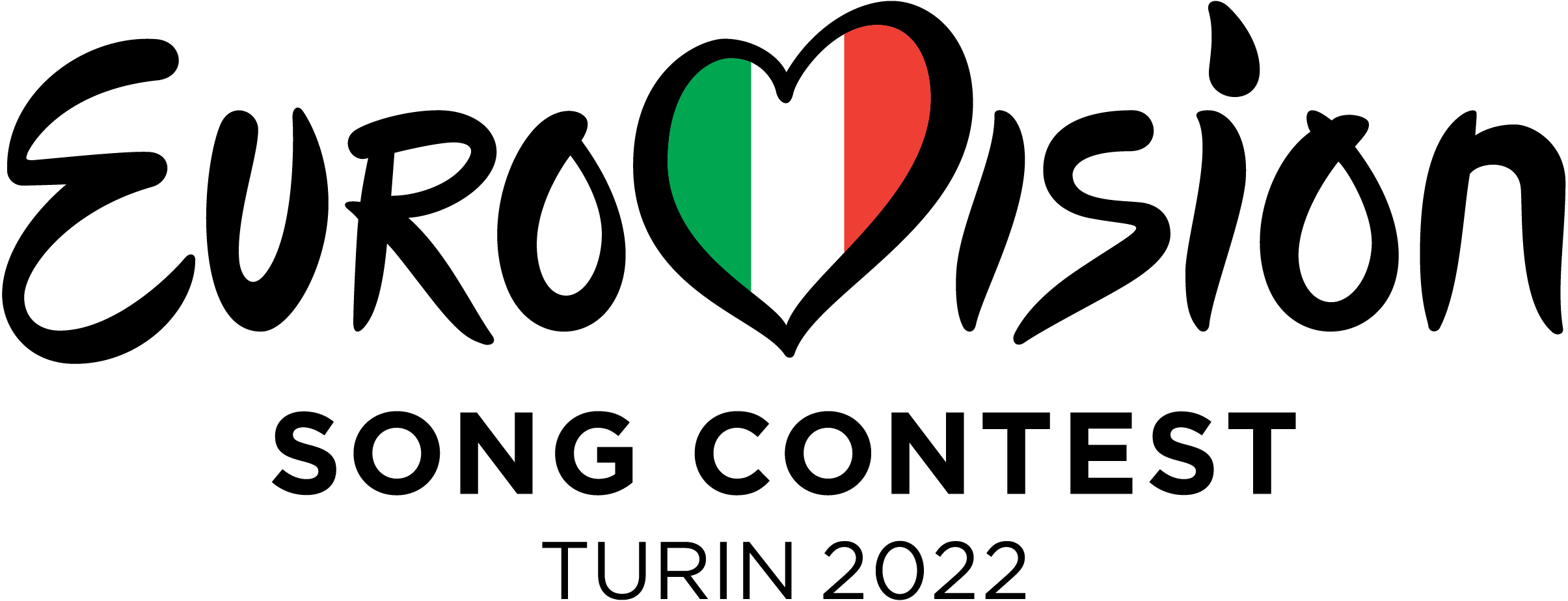The world is in a state of flux over the conflict in Ukraine, and Russia has faced endless sanctions because of its atrocious actions.
Alongside economic boycotts and trading restrictions has been a severing of countless cultural ties, all with the intention of weakening Vladimir Putin’s commitment to war.
Amidst all this political activity, there was one sanction that caused many to guffaw over the weekend.
Perhaps, though, there’s more than meets than eye in Eurovision’s ban on Russia.
Firstly, Eurovision is a cultural titan.
With viewing figures of 183 million for the 2021 edition and participants from up to 43 countries at its peak, it is the biggest shared music experience on earth.
Despite only taking place over one week every year, this good old knees-up actually has a huge impact on the image of each participating nation.
There can be serious consequences when nations fail to abide by the rules, too.
Belarus, for example, were banned from the 2021 event for lyrical content that mocked the country’s pro-democracy movement.

Georgia were banned in 2009 for an anti-Russian effort, while several countries have enacted boycotts themselves; such as Austria’s refusal to appear at the 1969 event in Francoist Spain.
The point being that non-participation is always a political matter.
Eurovision itself, of course, is officially apolitical, but you would find few who agree with that statement in reality.
The progressive ideals found at the contest are a vital pillar nowadays, from the language of hosts to the lyrical content of songs.
The contest’s organisers, the European Broadcasting Union (EBU), remove themselves from this though and in the interests of neutrality, initially opted not to throw Russia out of this year’s competition.
They kowtowed, of course, but reiterated in their later statement that they are an ‘apolitical’ group of broadcasters, dedicated to ‘upholding the values of public service’.
Defining those values amongst a group that comprises 69 members and spans 56 different countries must be hard, but clearly the five main financial contributors – including the BBC – and the Executive Supervisor, currently the Swede Martin Österdahl, are leaders.
Their decision shows utter disdain for Russian actions, and quite right too.
It is, however, a significant loss to the competition.
Russia’s musicians are not culpable for the actions of their government; indeed, Russia’s 2021 entry, Manizha, and her 2020 predecessors, Little Big, would be widely regarded as the most tolerant, least Putin-like acts the country has ever selected.
Though the ban means a lost opportunity for someone else, this is a sacrifice that like-minded Russian musicians must make.
This is their competition, after all, and not Putin’s.
A Putin-era Russian government has only ever seen Eurovision as a means to promote Russian superiority.
It is why they took hosting the 2009 event so seriously, after Putin praised their 2008 win as “not only Dima Bilan’s personal success, but one more triumph for all of Russia.”
It is also the reason why there was such outrage in Russia at Conchita Wurst’s win in 2014.
The era of Eurovision since then has been Putin’s worst enemy – with its liberalism and acceptance of LGBTQ+ society – and a ban this year doesn’t set him back whatsoever.
It does, however, affect the freedoms of the general Russian citizen.
Much like losing the right to host the UEFA Champions League Final, the ability to play international football and the right to compete in Olympic competition, being unable to compete in Eurovision calls Russia’s social progress into question.
Since the fall of the USSR, music has been a means for the country’s creatives to engage with the international community and thrive from the links they form.
Losing that is a scary prospect.
No country can operate without sharing its culture and drawing on interactions with others; the USSR was incapable of it, and it can only be hoped that Putin is incapacitated by it too.
So, Eurovision may be worse off for their absence, but has taken the right step by eliminating Russia.
It has sent a clear message which we can all echo right now:
We stand with Ukraine.
Feature Image Credit: Eurovision Website



